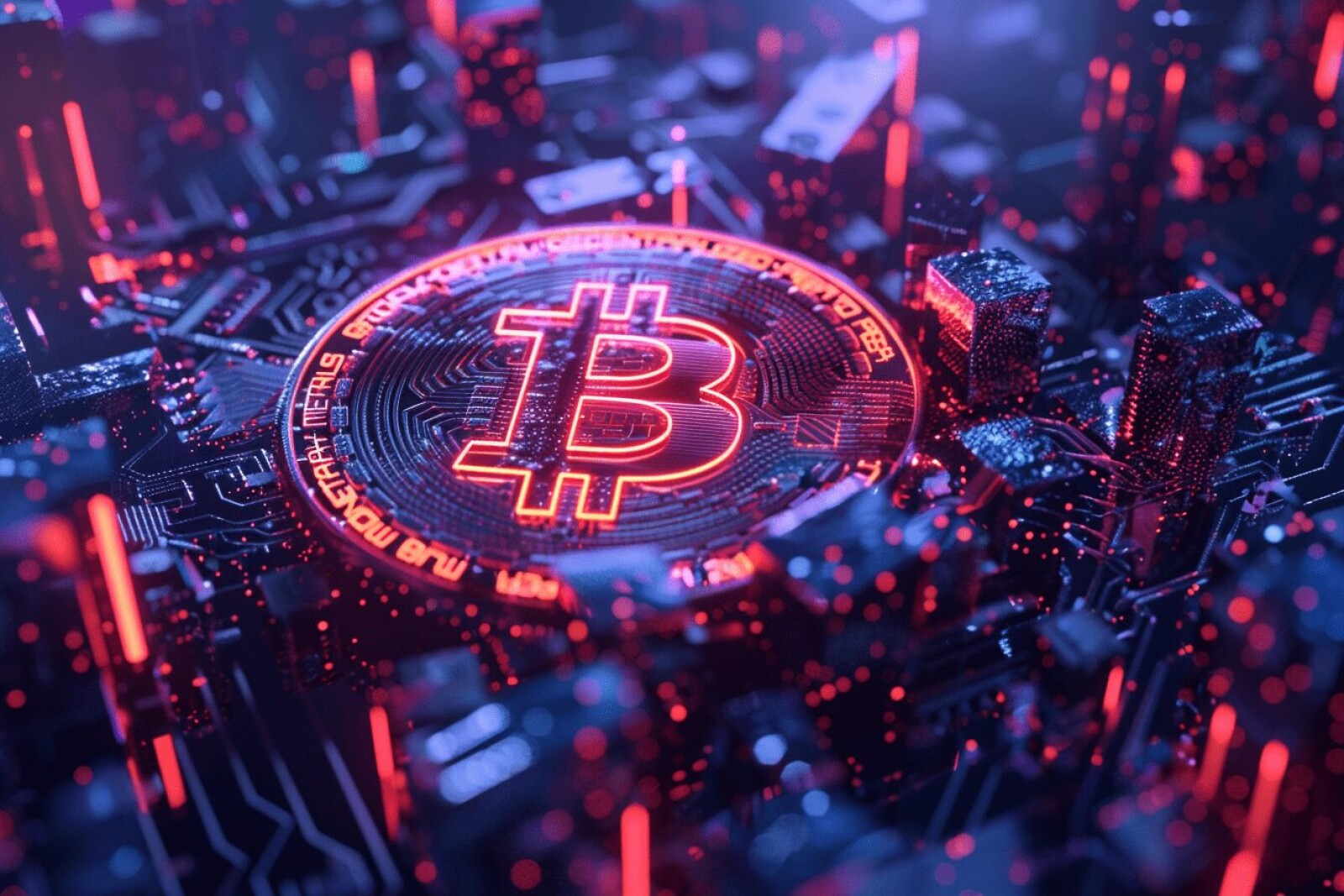
Sophia Hashford
Bitcoin Ransomware Defrauds Over 250 Companies for $42 Million

The digital landscape is under siege as the Akira ransomware has managed to defraud over 250 companies, leading to $42 million in losses. This cyberattack showcases the increasing sophistication of ransomware threats and underscores the critical need for robust cybersecurity measures within the corporate sector.
The Modus Operandi of Akira Ransomware
Akira ransomware infiltrates corporate systems primarily through compromised VPNs that lack multi-factor authentication. Once inside, it encrypts sensitive data and demands a ransom in Bitcoin to restore access. Initially targeting Windows systems, Akira has since evolved to affect Linux environments as well, demonstrating its adaptability and increasing reach.
The malware’s operation involves encrypting a company’s data and then demanding payment in Bitcoin, leveraging the anonymity and difficulty of tracing cryptocurrency transactions to their advantage. This tactic not only complicates recovery efforts but also increases the financial pressure on victimized companies to comply with the ransom demands.
Financial Impact and Company Responses
The financial fallout from the Akira ransomware has been severe, affecting numerous organizations across North America, Europe, and Australia. The use of Bitcoin for ransom payments complicates tracking and recovery efforts, making it a preferred method for cybercriminals. Companies hit by the ransomware have faced not only financial losses but also significant disruptions to their operations and reputational damage.
Some companies have opted to pay the ransom to regain access to their data quickly, while others have chosen to bolster their cybersecurity defenses in the aftermath of the attack. The decision to pay a ransom is often fraught with ethical and practical considerations, as it may encourage further criminal activity while also representing a significant financial outlay.
Authorities and Collaborative Efforts
In response to the widespread impact of the Akira ransomware, the FBI, in collaboration with the Cybersecurity and Infrastructure Security Agency (CISA), Europol’s European Cybercrime Center (EC3), and the Netherlands National Cyber Security Center (NCSC-NL), issued a joint advisory to help organizations mitigate and respond to such threats. These agencies have been actively working to track the perpetrators and provide guidance on enhancing cybersecurity defenses.
The collaboration between these agencies involves sharing intelligence, coordinating response efforts, and providing support to affected companies. This multi-agency approach aims to reduce the incidence of ransomware attacks and improve the overall cybersecurity posture of businesses.
The Growing Threat of Ransomware
The Akira incident is part of a broader trend of increasing ransomware attacks. According to recent reports, cryptocurrency investment fraud and ransomware attacks have surged, with losses reaching $3.94 billion in 2023, a 53% increase from the previous year. This trend highlights the urgent need for improved security protocols and awareness to combat the evolving tactics of cybercriminals.
Ransomware attacks have become more sophisticated, with cybercriminals employing advanced techniques such as double extortion, where they not only encrypt data but also threaten to release sensitive information publicly if the ransom is not paid. This adds an additional layer of pressure on victimized companies to comply with ransom demands.
Impact on Businesses and Legal Implications
The legal and financial implications of ransomware attacks are profound. Businesses must navigate the complexities of cybersecurity insurance, regulatory compliance, and potential legal liabilities. Companies that fail to implement adequate security measures may face legal action from stakeholders, customers, and regulatory bodies.
Moreover, the decision to pay a ransom can have far-reaching consequences. In some jurisdictions, paying a ransom may be seen as financing criminal activities, potentially leading to legal repercussions. Businesses must weigh these considerations carefully when responding to ransomware attacks.
Conclusion: Strengthening Cybersecurity Measures
The Akira ransomware attack serves as a stark reminder of the vulnerabilities that exist within corporate cybersecurity frameworks. Companies must prioritize the implementation of comprehensive security measures, including multi-factor authentication, regular security audits, and robust incident response plans, to protect against such sophisticated threats. As cybercriminals continue to refine their methods, collaborative efforts between businesses and cybersecurity agencies will be crucial in safeguarding digital assets and maintaining operational integrity.
Recommendations for Businesses
To mitigate the risk of ransomware attacks, businesses should adopt the following practices:
- Regular Backups: Ensure that all critical data is backed up regularly and stored securely offline. This can help in restoring data without paying a ransom.
- Multi-Factor Authentication: Implement multi-factor authentication for all remote access points to prevent unauthorized access.
- Employee Training: Conduct regular cybersecurity training sessions to educate employees about the risks of phishing and other cyber threats.
- Incident Response Plan: Develop and regularly update an incident response plan to ensure a swift and effective response to ransomware attacks.
- Collaboration with Authorities: Maintain open communication with cybersecurity agencies and law enforcement to stay informed about the latest threats and best practices for defense.
By taking these proactive steps, businesses can enhance their resilience against ransomware attacks and protect their valuable digital assets from cybercriminals.














